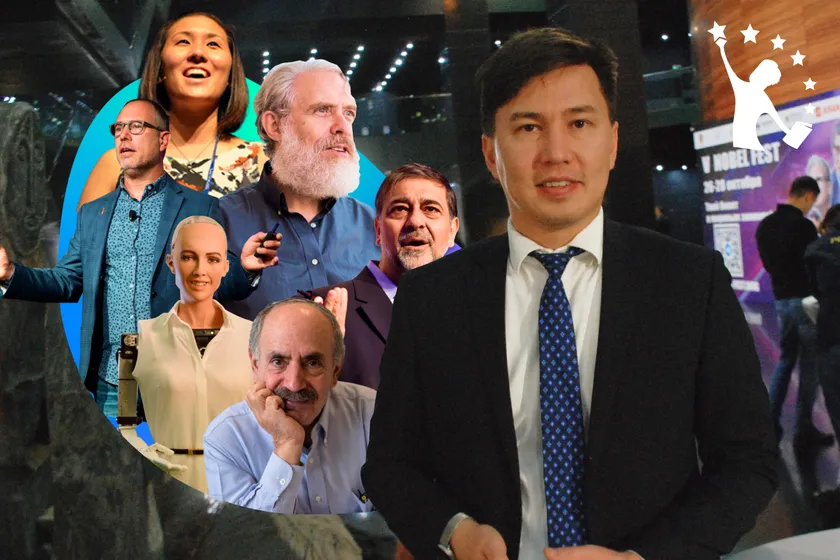From October 26 to November 4 Astana is hosting Nobel Fest, an educational event that presents a unique opportunity to attend lectures by distinguished world experts and, as the title suggests, laureates of the Nobel Prize.
The project took root during the height of the pandemic in 2020 and became a biannual event that takes place in the capital city in the spring and fall seasons. Not affiliated with the official Nobel Committee, the festival is organized by the Kazakh-based Inclusive Development Foundation, whose goal is to make world-class knowledge accessible and encourage the development of an education-focused society.
The founder and CEO Maxat Kurbenov spoke with a correspondent from QazMonitor about the driving force behind the program’s creation and future plans.
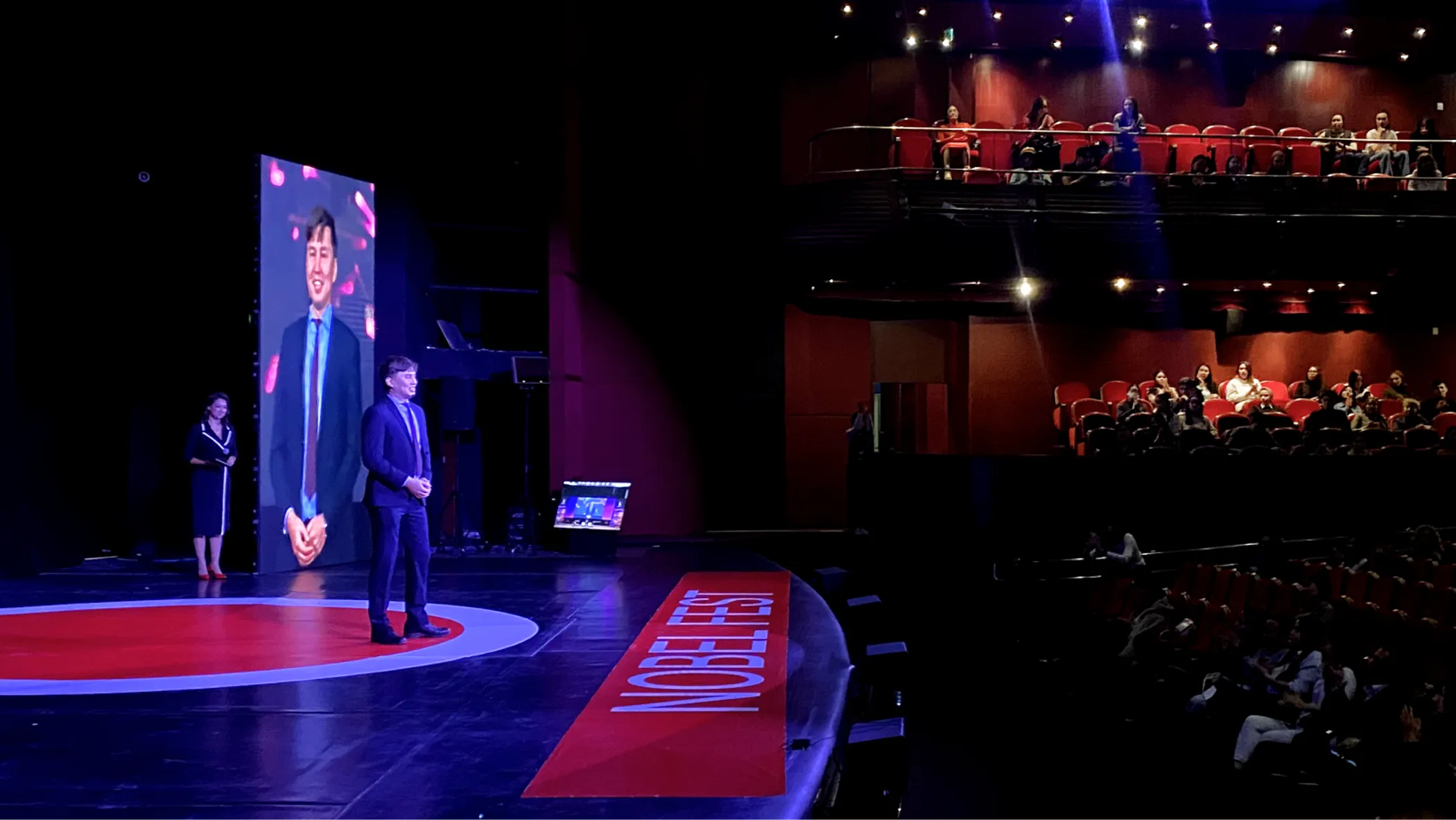
How did you come up with the idea of Nobel Fest?
In 2010, I brought the Nobel laureates to Kazakhstan for the first time. Among them was the late Robert Mundell, who was known as the "father of the euro". However, back then those speeches were open to a small group of people since [the laureates] spoke at minor state-funded forums. Later, I offered to hold the lectures at universities. We launched them in Astana and since then have hosted 27 Nobel Prize winners.
We eventually realized that 1-1.5 hours at universities didn’t have a large enough impact. Students didn’t get enough time to immerse themselves in the atmosphere of knowledge. That’s why I wanted to create a Nobel week.
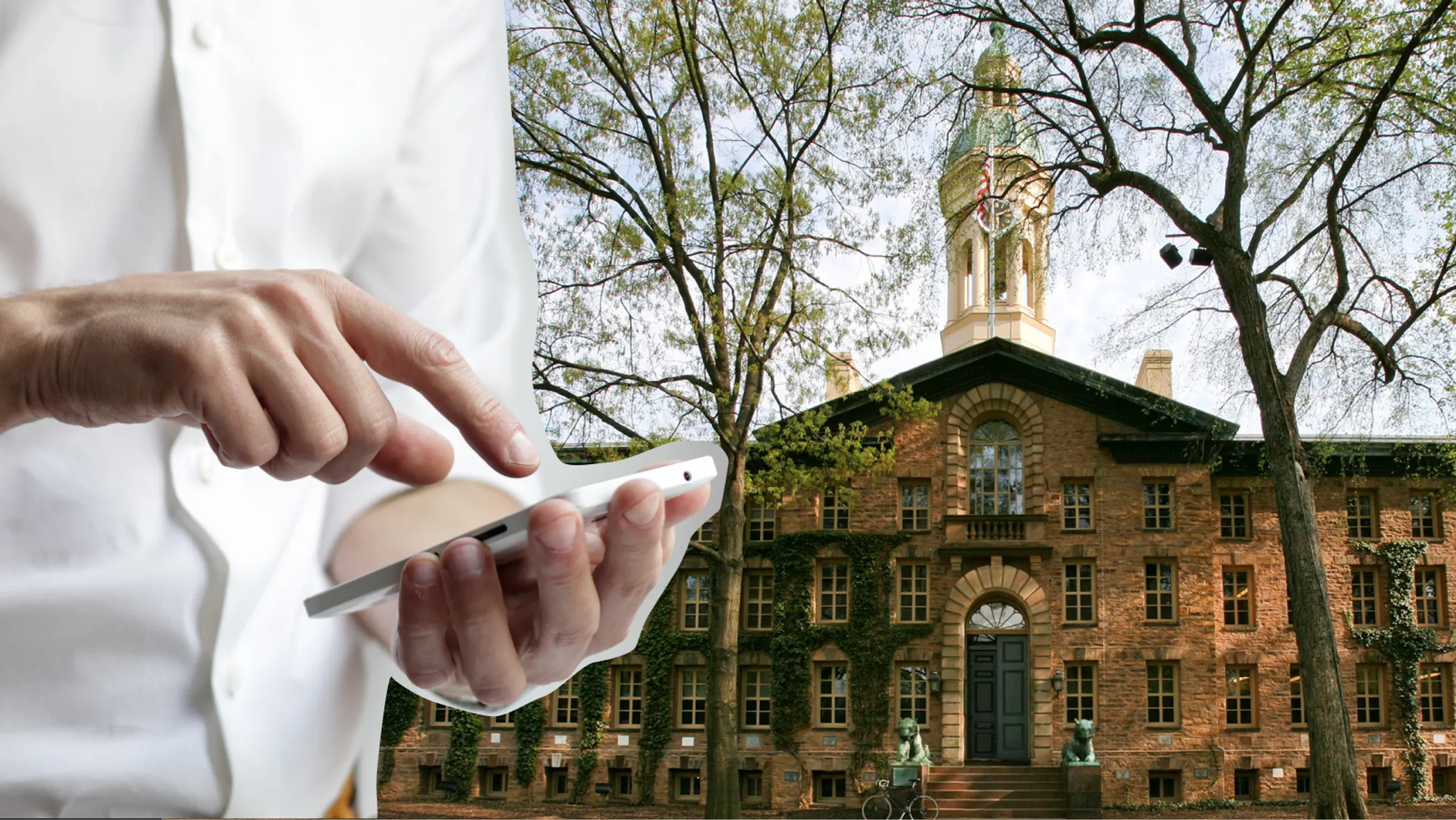
I started to do research and found that developed countries hold dozens of these conferences a year. From what I can see, Central Asia doesn’t have major educational events for knowledge transfer.
I was invited by the Nobel Committee to travel to Sweden and Norway for the Nobel Prize award ceremony in December. I saw enormous, kilometer-long queues gathering at the entrances to the lectures. Most of all, I was struck by the fact that the people waiting in line were parents with children and grandmothers with their grandchildren.
How many parents do we have in Kazakhstan today who would take their children to such events? Quite a few–everyone’s always busy.
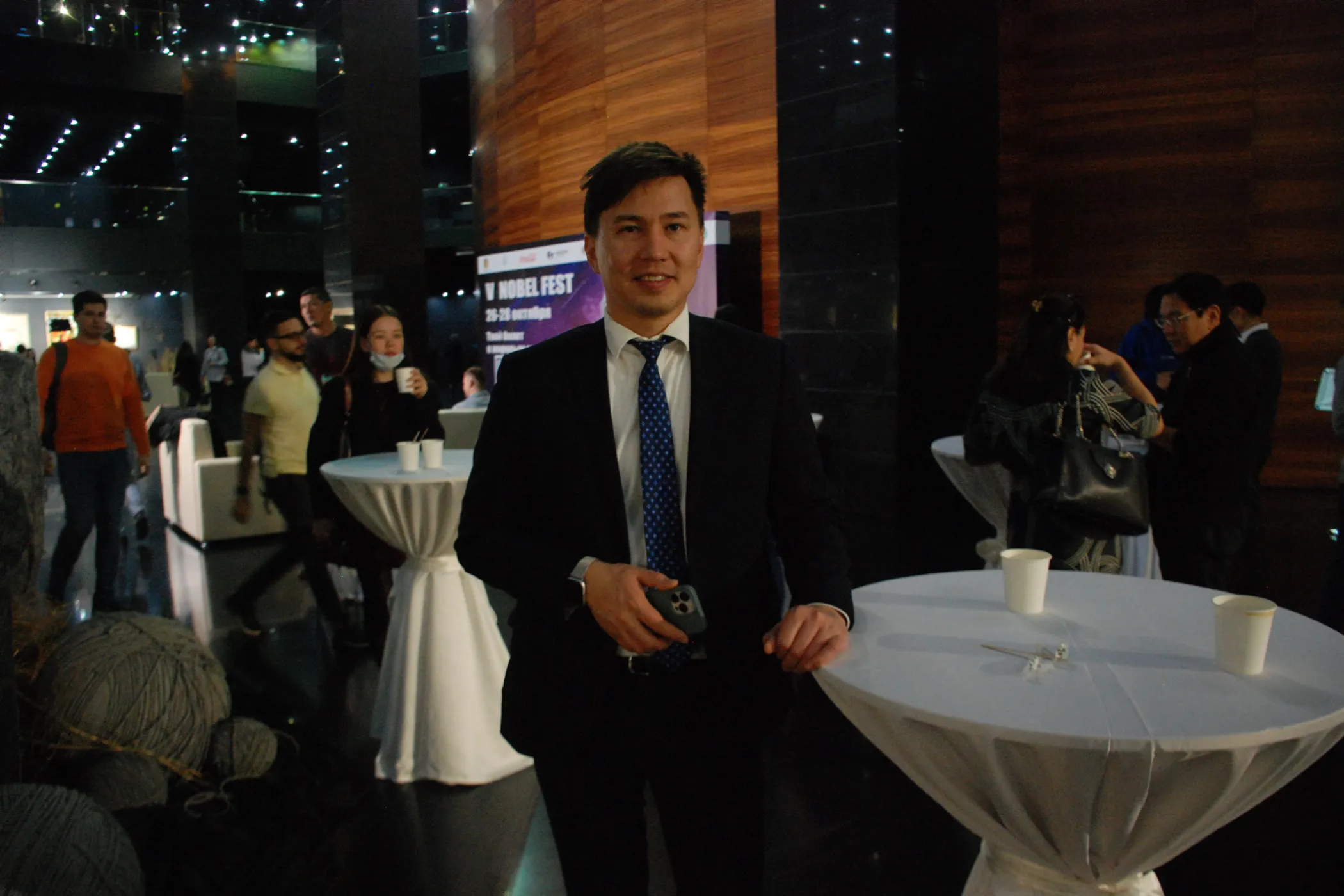
Recently, I got a call from a school asking for tickets for twenty of their students. I agreed with just one request: to have them attend with their parents. When the parent participates, the child will understand that this is something important. We created Nobel Fest with this in mind.
What is the goal of this event?
Our educational system is built on teaching what was relevant yesterday or is relevant today. But if we follow the example of the Four Asian Tigers [Hong Kong, Singapore, South Korea, and Taiwan], they were able to make huge economic leaps because they placed a great emphasis on human capital.
Education is a foundation, like the soil under a tree.
These countries taught their children knowledge that will be applicable tomorrow. When shifts happen, they know how to lead.
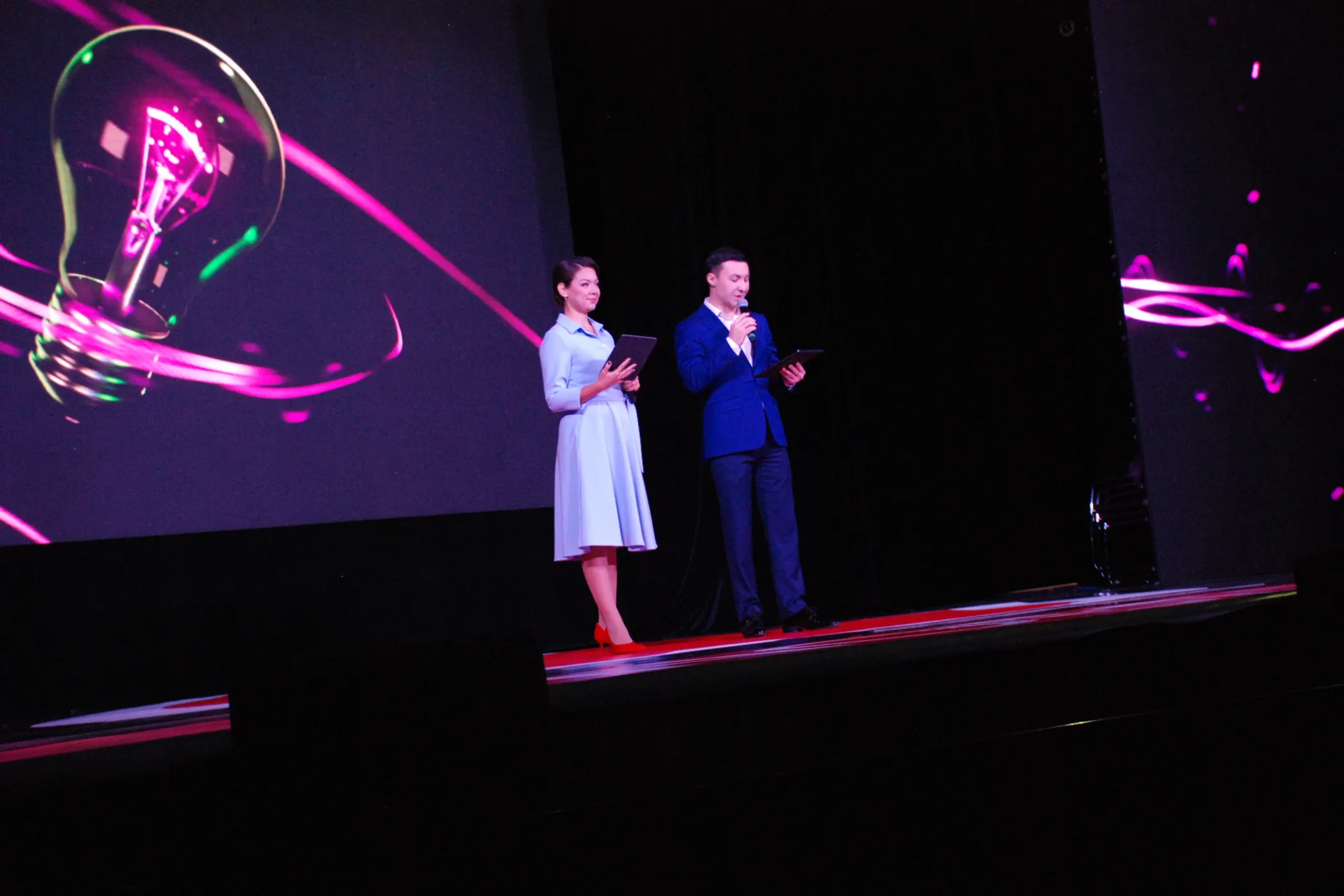
Have you developed close ties with the laureates through the event?
Yes, we have created a networking platform so that our universities can communicate with the laureates. Recently, Arsen Tomsky [head of InDrive] agreed to be on the Fest’s advisory board. It's important for us that we have the support of visionaries like Arsen and that they become knowledge guides for developing countries.
What is the next step for the Nobel Fest?
We have launched a program called University Meetup which allows universities to connect. For example, we had representatives from Princeton in Asia come here to talk about the university program with our applicants.
We want to bring different universities together on one platform where they could request collaborations, like faculty exchange or academic mobility, in one click. They could also post ads for research jobs and vacancies.
We've already moved on from concept to direct development. Hopefully, by next year, this project will be up and running.
